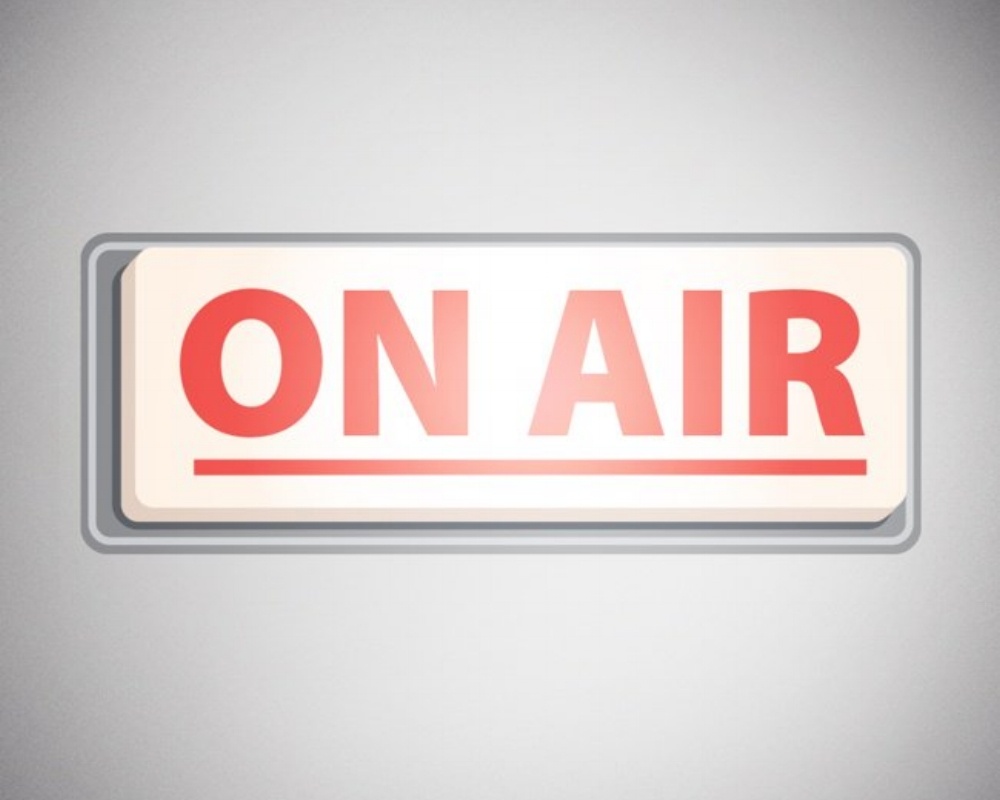
9 Tips for Nailing Your Television Interview
You’ve landed a television interview - you should be excited (unless of course it’s 60-minutes knocking on your door).
Assuming your interview is for positive purposes, the presence of a camera still provides a unique dynamic, and there are factors that need to be considered before doing an interview with broadcast media. In preparing for a broadcast interview, here are simple and specific steps you can take to make your television appearance a successful one.
The Basics:
These hold true for any interview. Know who you are talking to and the nature of the show you’re appearing on. There is a difference between local news team and a CNBC’s Mad Money.- Know your three key messages and make sure you can deliver them succinctly, and with plenty of lively examples and facts in support.
- Anticipate difficult questions and prepare your answers; even in positive stories, a tough question or two will emerge and stumbling on tape can throw you off your game for the rest of the interview.
- Do your research. Just because the reporter may not know much about you, don’t make the same mistake.
1. Choose Your Words Carefully
You need to be succinct and compelling. The average TV soundbite is around seven seconds long. Practice being interviewed with a stopwatch to get a feel for the length of your answers. You don’t have to keep your answers to 7 seconds, but you do want to make sure you have some good words and phrases that can easily be extracted by reporters and editors.Treat the interview as if it were live. News outlets will often run unedited versions of your interview on the Internet.
2. Have Some Visuals in Mind
TV reporters need good visuals to back up your story. The more ideas you give them, the more certain you can be that the visual elements match what you are saying. Also be prepared to do some background/cut-away material the report can run while doing voice over.3. Don’t Expect Questions Ahead of Time
It is perfectly natural to want to know the exact questions you’ll be asked in order to prepare accordingly. What we’ve found over the years is when you provide exact questions in advance, you get stiff, stale, canned answers, which does a service to no one. The goal of the interview, from both sides is for it to look as natural as possible.What you can ask for is a list of topics to be covered in the interview. That allows you to gather your thoughts beforehand, but leaves room for the spontaneity that will make you shine.
4. Look Your Best
Get a fresh haircut, have someone check your wardrobe, pay attention to your makeup. Look your best and you’ll be your best. A few tips:- Wear neat, clean and comfortable clothing. Avoid distracting patterns, stripes and bright colors. Let your personality shine through, but they aren’t interviewing your suit.
- Women or men with long hair should make sure it is pulled back, particularly if the interview is outside.
- Avoid combovers.
- Match your wardrobe with your role. A CEO of a financial institution is going to dress differently than a CEO of a construction company.
- Don’t wear company logos (no room for shameless self promotion).
5. Voice Inflection
Nothing kills a good interview quicker than a monotonous voice. Speaking in a flat tone of voice makes it difficult for the reporter to identify soundbites and key points your are making in the editing room.You tone should reinforce the idea that you are excited, passionate, concerned and engaged. Back up what you are saying by how you are saying it.
6. Hand Gestures and Body Language:
Hand gestures and body language are very important. The way you move during an interview can animate the discussion in a way that supports your point of view. If your hands are animated, your voice will follow.Practice interviewing sitting and standing up. Standing is very different and much more awkward than sitting. Avoid at all costs crossing your arms in front of your body. It may be natural and comfortable, but crossing your arms reads on camera as a defensive and closed off posture.








